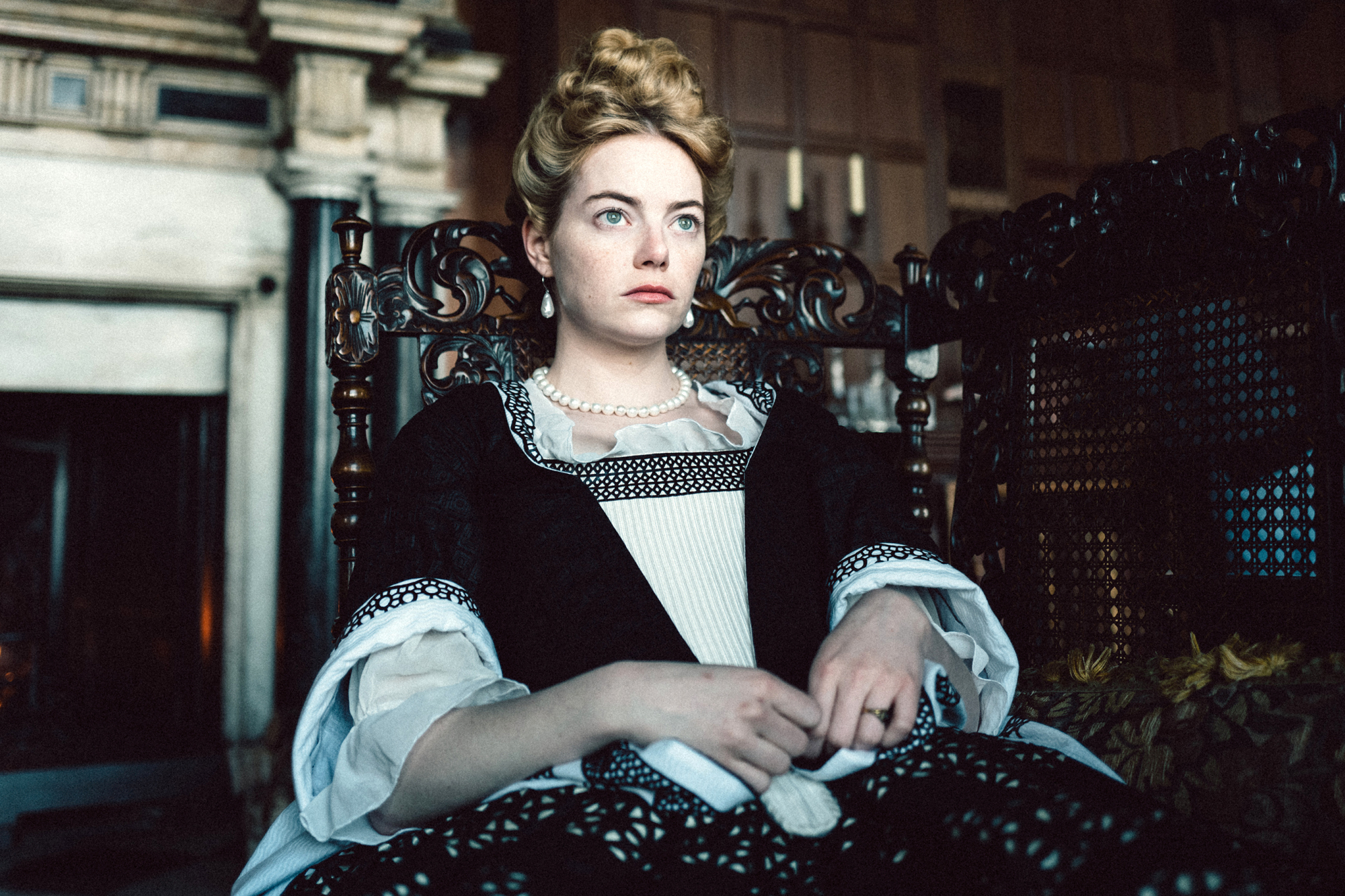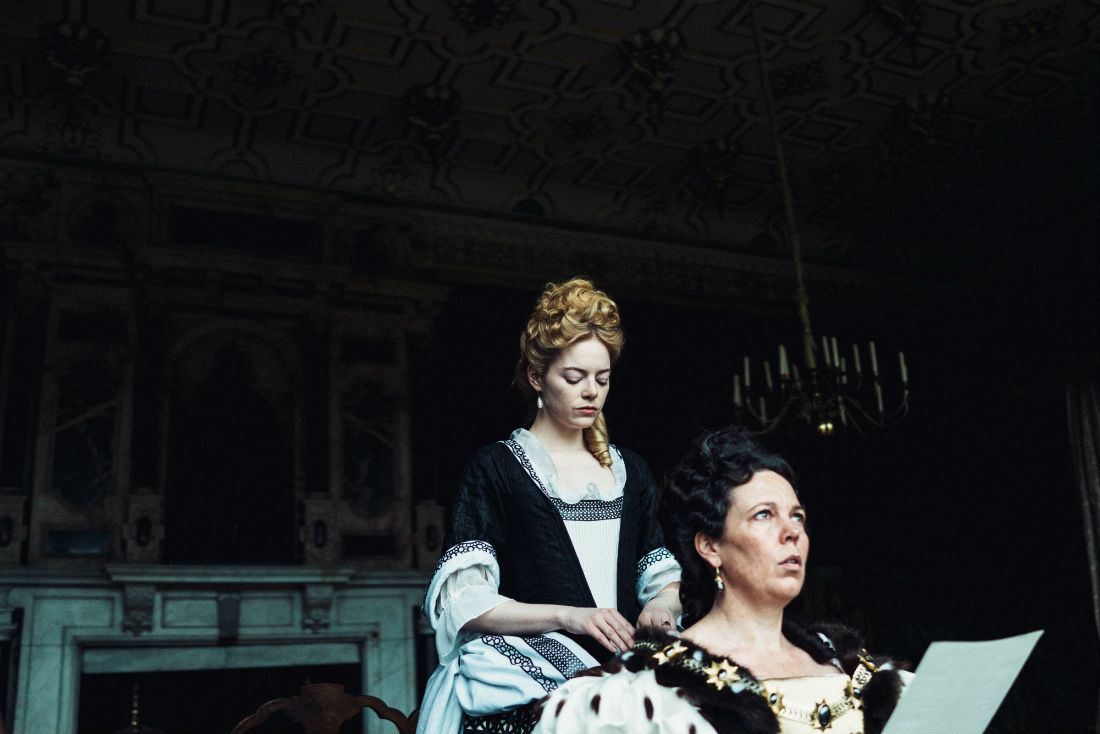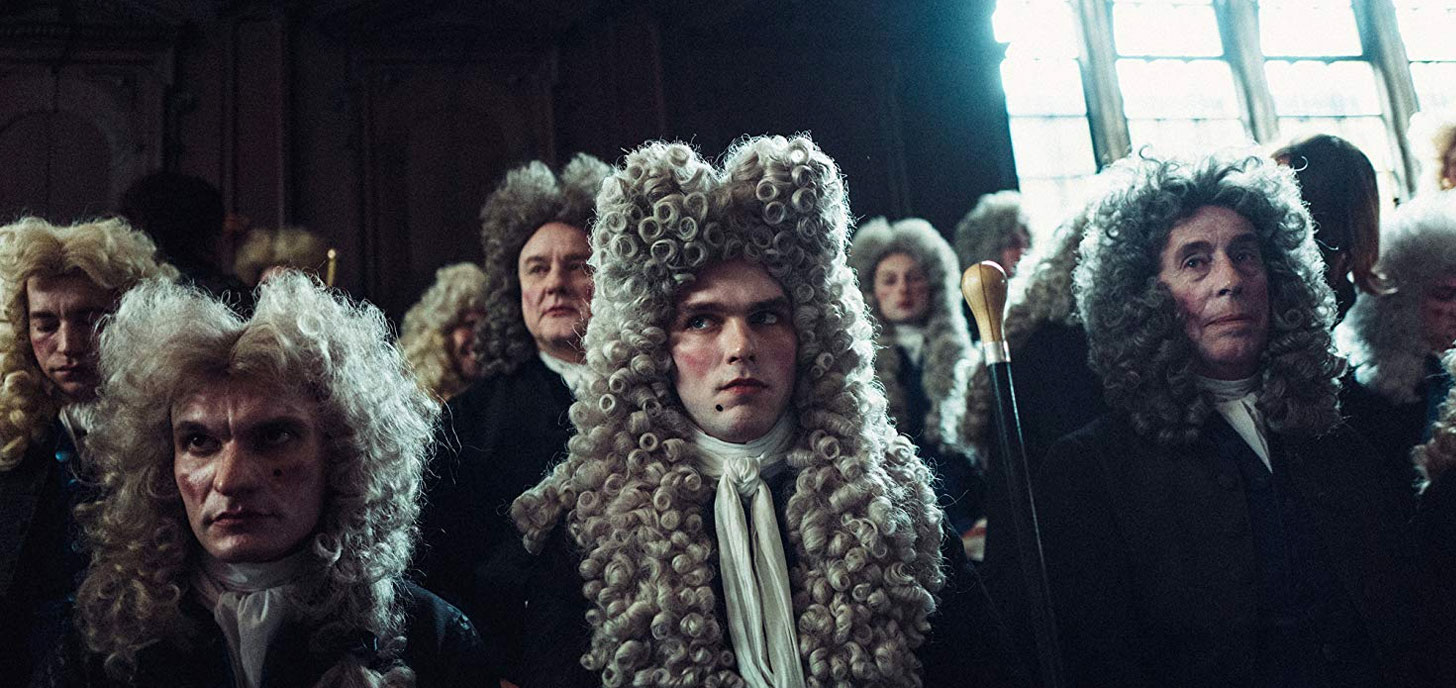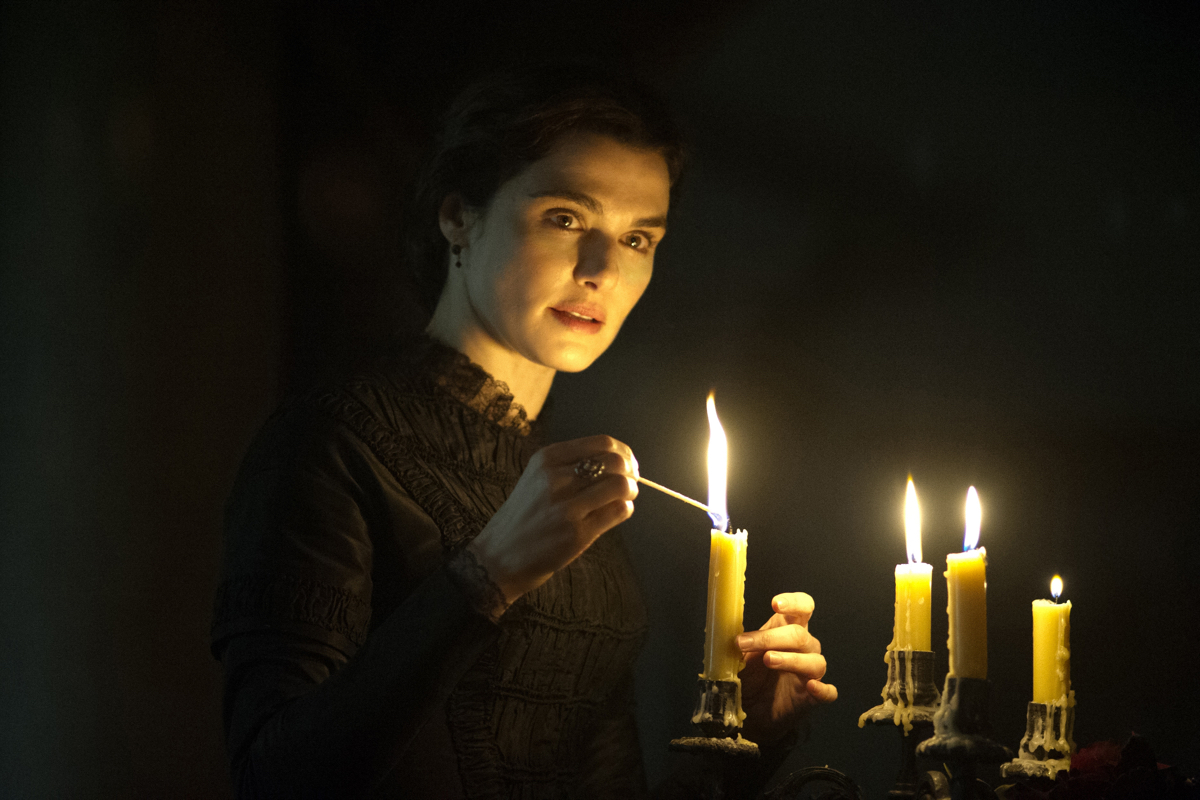
Greek Director Yorgos Lanthimos is known for being a bit of a weirdo. His films tend to manifest as a highly abstract, symbolic pieces, containing characters that are often imbued with a distancing cadence to their speech. His last two films in particular, The Lobster and The Killing of a Sacred Deer are certainly guilty of this. Whilst The Lobster does a much better job at using absurdity to poke fun at societal constructs, both of these movies utilise dark comedy to make a point.
Lanthimos’ latest film, The Favourite, breaks from his trend of emotionally distant character writing, but keeps the whip smart black comedy. The result is a politically themed period-piece that melds cynical comedy amidst a twisted love story. It’s a deft act of tonal management that is his best film yet. The lack of the disassociating writing is likely due to the fact the the screenplay that was written by Deborah Davis and Tony McNamara instead of Lanthimos himself. For this story, the more natural character writing is an essential ingredient, as it’s the wildly contentious relationships between its three leading ladies that keep things interesting.

The story is set in early 18th English Court with Queen Anne (Olivia Colman) in control of her country during a war with France. But it is her close friend, advisor, and lover Sarah Churchill (Rachel Weisz) who really pulls the strings. During this time of war, Sarah’s cousin Abigail Hill (Emma Stone) visits the Royal Court in the hope of getting a job as a chambermaid. Her once noble title has vanished due to her irresponsible father’s debts, her status tarnished. But while she puts on a veneer of naïveté, Abigail quickly begins to jockey for position with Sarah in order to win the Queen’s affections.
This political struggle conveys both the pomposity and ruthlessness of Royal Court, the powdered wigs and decorum thinly concealing this cutthroat world of complex schemes. The ridiculousness of the proceedings are simultaneously painted as sinister, glutinous, and deeply comical. A gratuitous slow motion duck race contrasts sharply will the more grave developments of the third act, but it is all tied together through its ruminations of the corruptive nature of power, as well as its cohesive aesthetic. While The Lobster is largely about the absurd lengths people will go to free themselves of the pressures of finding a romantic partner, The Favourite paints a less abstract image of the things people will do to move up the social hierarchy.

This desperate struggle is conveyed through the excellent performances and characterisations of its strong female leads. Weisz as Sarah Churchill is a force of nature, her jabs, threats, and cold calculations blending to create an ideal Machiavellian operator. Abigail exploits her previous trauma to her advantage, constantly wafting between heroine and villain as she wears multiple masks. She’s a survivor, through and through, and Emma Stone gets to do the most explicit acting here through presenting a character that is defined by facades. The Queen is largely characterised by her physical and emotional pain, a combination of gout and past tragedies leaving her exceedingly dependent on her supporting ladies. The battle for her love is the central driving force of the narrative, evoking shades of other romantic thrillers such as The Handmaiden and Phantom Thread in its ability to imbue a love story with tantalising intrigue.
In addition to the performances, the ornate set design provides a convincing sense of place. The ornate halls of the royal palace are presented in wide shots that fully capture its grandeur. Fish-eye lenses capture the warped perspectives of these political operators. Beyond just the wanton excess of the palace, Lanthimos doesn’t miss an opportunity to visually demonstrate the ridiculousness of Parliament. Their garish appearances range from comedically ugly, to outright unsettling, a fact that is mirrored by their behavior. These aesthetic attributes are elevated by ostentatious lighting choices which paint the proceedings in the air of a Baroque painting. The inky blacks and dimly illuminated corners of these corridors at night contribute to the underlying sense of danger and sensuality that defines the picture.

The firmly established setting combines with the convincing performances to deliver escalating drama. The twists and turns captivate as we watch these political actors’ souls slip deeper into the abyss. There is genuine suspense around this battle of wits, the guise of civility constantly cloaking our leads’ interactions, many lines reading as threatening double entendres. In addition to being a delectable potboiler with palatable tension, there are enough small gaps in the sociopathic plotting to establish that these characters have some semblance of decency. This makes their conflict that much more tragic.
The Favourite is a film that is able to balance a range of genres and tones to deliver a wickedly clever period piece that succeeds in all of its pursuits. Instead of feeling preoccupied with presenting the beauty of its costume or set design, the distinctive aesthetic contributes to a general indictment of the ruling class. Yes, what we are seeing is beautiful, but it is only the thinnest layer of varnish over deeply concentrated human ugliness. We bounce between humor that presents politics as a farce, to calculated plotting, to genuine romance, and then back to toxic romance. People behave horribly, but in an undeniably enjoyable fashion, the mixture of humor and precise competence preventing the cynicism from feeling overwrought. The result is a dramedy that easily ranks among the best films of the year, one that is as entertaining as it is rewarding.
Rating: 5/5






